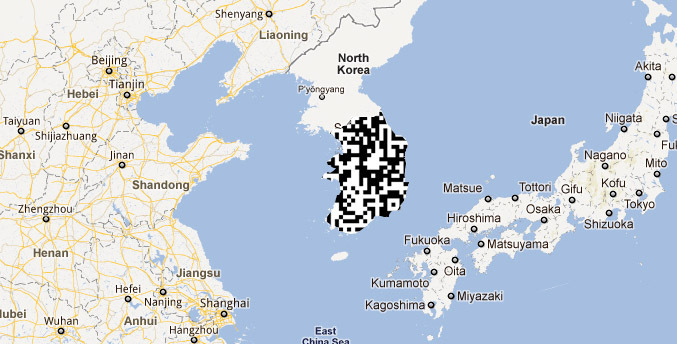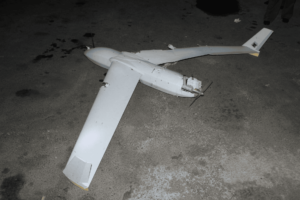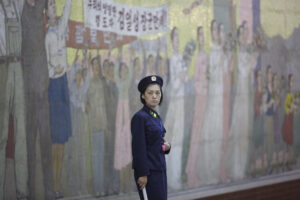The perception of ‘threat’ has played a central role in South Korea’s short history. Born out of the Cold War divide between East and West, South Korea emerged into a world governed by insecurity, fear and division – not least on the peninsula it inhabited. Whilst this notion of threat has, undoubtedly, been central to the very definition of a South Korean identity, changes in its society are beginning to challenge this conventional wisdom.
In the aftermath of the Korean War, Seoul acted to ensure its political and military security against a very real North Korean threat, whilst its National Security Law aimed to counter any possible threats within South Korean society itself. Introduced primarily as an anti-communist safeguard, the law granted the South Korean government extraordinary powers (even the death penalty) to preside over free-speech, public gatherings and private possessions, all with the stated aim of ensuring the security of democratic consolidation. Yet, as the communist threat to South Korean society has diminished – the National Security Law has, paradoxically, been strengthened by successive governments. This appears peculiar, for let us be clear, the National Security Law acts primarily to secure society from perceived threats, and not the political state from threats to its democratic institutions, or the military from threats, such as nuclear weapons. The question that then arises is: why does South Korean society require such a high level of security?
The perception of ‘threat’ has played a central role in South Korea’s short history. Born out of the Cold War divide between East and West, South Korea emerged into a world governed by insecurity, fear and division – not least on the peninsula it inhabited. Whilst this notion of threat has, undoubtedly, been central to the very definition of a South Korean identity, changes in its society are beginning to challenge this conventional wisdom.
In the aftermath of the Korean War, Seoul acted to ensure its political and military security against a very real North Korean threat, whilst its National Security Law aimed to counter any possible threats within South Korean society itself. Introduced primarily as an anti-communist safeguard, the law granted the South Korean government extraordinary powers (even the death penalty) to preside over free-speech, public gatherings and private possessions, all with the stated aim of ensuring the security of democratic consolidation. Yet, as the communist threat to South Korean society has diminished – the National Security Law has, paradoxically, been strengthened by successive governments. This appears peculiar, for let us be clear, the National Security Law acts primarily to secure society from perceived threats, and not the political state from threats to its democratic institutions, or the military from threats, such as nuclear weapons. The question that then arises is: why does South Korean society require such a high level of security?
Try unlimited access
Only $1 for four weeks
-
Unlimited access to all of NK News: reporting, investigations, analysis
-
Year-one discount if you continue past $1 trial period
-
The NK News Daily Update, an email newsletter to keep you in the loop
-
Searchable archive of all content, photo galleries, special columns
-
Contact NK News reporters with tips or requests for reporting
Get unlimited access to all NK News content, including original reporting, investigations, and analyses by our team of DPRK experts.
Subscribe
now
All major cards accepted. No commitments – you can cancel any time.










